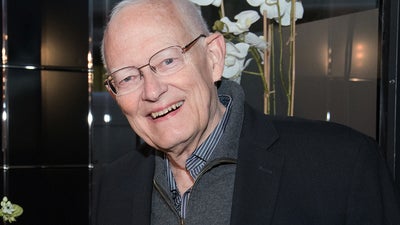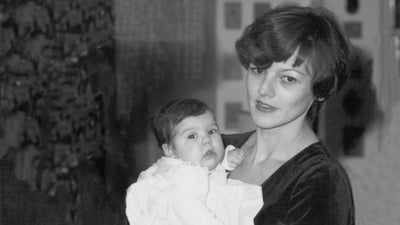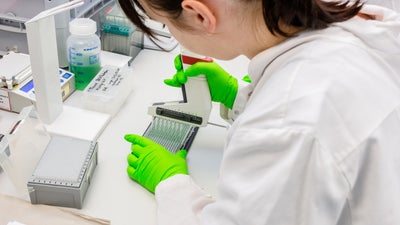How we’re working to delete blood cancer on all levels: Our engagement in science and research
Innovative research is a key factor in the treatment of blood cancer. New scientific approaches help us progress towards our ultimate goal of eradicating this disease.
DKMS is not only the world’s leading stem cell donor centre, we are also heavily involved in medical science. With our own highly qualified research team, a high-performance laboratory, the DKMS Life Science Lab, our quality programs and various research programs, we are constantly on a mission to provide more and more people with blood cancer and blood disorders a second chance at life. With this multifaceted approach, we are fighting blood cancer from every possible angle.
When it comes to blood cancer, there are still many unanswered questions. We are therefore investing in and conducting our own research in order to make blood stem cell transplants a lasting success for patients.
John Hansen Research Grant
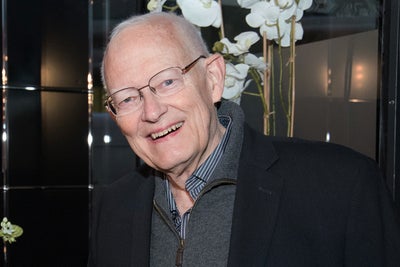
An important element of our endeavour consists of promoting young researchers. Since 2015, our annual John Hansen Research Grant (known until 2019 as the Mechtild Harf Research Grant) is awarded every year to as many as four talented young scientific researchers.
Mechtild Harf Science Award
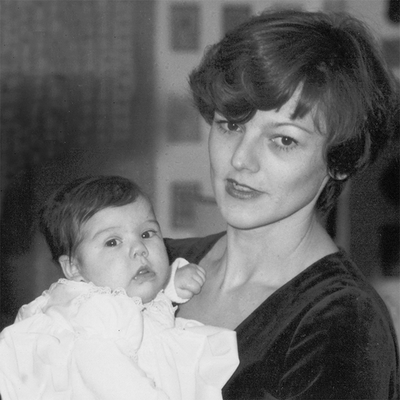
In 2001, the DKMS Stiftung Leben Spenden (Foundation for Giving Life) began awarding the DKMS Mechtild Harf Science Award annually at the congress of the European Group for Blood and Marrow Transplantation (EBMT). The award recognises outstanding research achievements in the field of blood cancer treatment and is regarded by scientists and physicians as a prestigious commendation.
Clinical Trials Unit
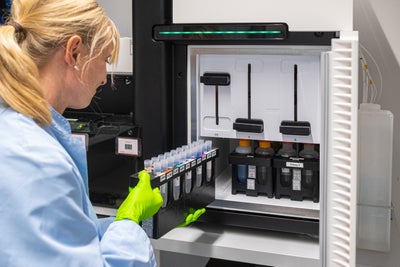
DKMS’s Clinical Trials Unit (CTU) actively works to drive scientific progress in the fight against blood cancer and to launch innovative, lifesaving research projects as well as support existing ones. Our research focuses on allogeneic blood stem cell transplantation, in which the cells come from an unrelated donor. This means much of our work is in an area that is of little interest to the pharmaceutical industry and therefore under-resourced.
Quality Programs
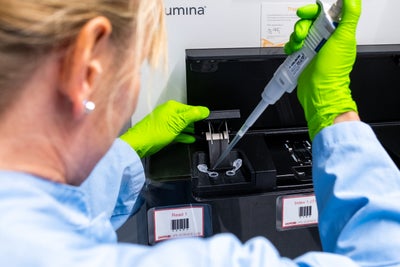
The more efficiently we work, the faster patients can be treated. Thus, we are constantly striving to develop and improve the quality and quantity of the DKMS database and its donor data. We have significantly improved it already by developing our own search algorithm.
DKMS Life Science Lab
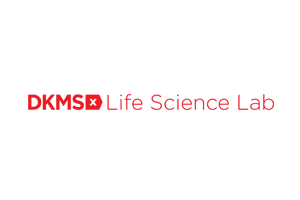
The DKMS Life Science Lab, the global leader in HLA typing, analyses cheek swabs or blood samples from potential stem cell donors around the world. Accredited pursuant to international guidelines (ASHI and EFI), it is the world's most innovative and most efficient tissue (HLA) typing laboratory. Our experts at the DKMS Life Science Lab carry out typing according to the latest scientific standards, continuously expanding typing profiles. The state-of-the-art workflow enables the analysis of well over one million samples per year.
DKMS Stem Cell Bank

The DKMS Stem Cell Bank is another important developmental step when it comes to helping patients worldwide even faster. Often the amount of blood stem cells taken from a donor exceeds the needs of the patient who requires them for the transplantation. With the donors' consent, these surplus cells are now frozen, or cryopreserved as scientists would refer to it, rather than disposed of. They are then available to blood cancer patients worldwide for a possible further life-saving transplantation. That way our donors can potentially save two lives with one donation. We will fully inform our donors who are eligible for a stored donation in the DKMS Stem Cell Bank in advance and ask for an additional declaration of consent.
DKMS Registry

DKMS was founded in 1991 as a donor centre and later established its donor registry in 2015. As an official registry, we have been listing DKMS-BMST donors from India since 2015 and DKMS donors from Chile since 2018. Listing means that we are storing the information of our donors’ tissue characteristics in pseudonymized form and making them available for worldwide searches for the best possible match between donor and patient. Since 2020 the DKMS Registry operates as an independent subsidiary of DKMS.
